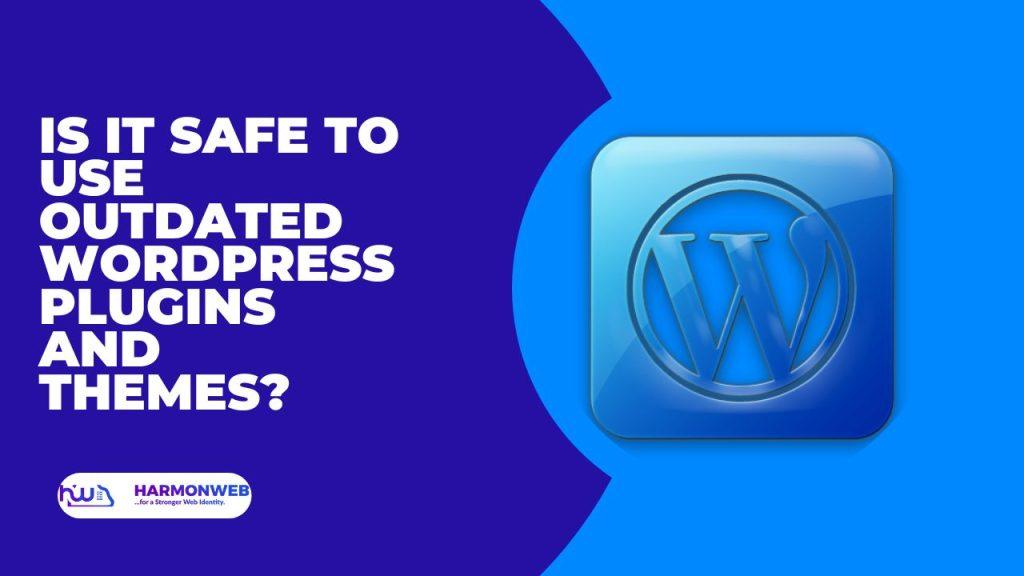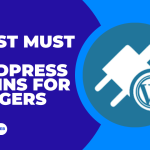Maintaining a WordPress website involves more than just publishing content and keeping the design updated. One important aspect of website maintenance is regularly updating the plugins that are used.

Plugins are software components that add additional functionality to a WordPress website, such as forms, contact forms, and e-commerce features. However, if you do not install new versions of these plugins as they become available, your website can become vulnerable to security issues and may not function properly.
In this article, we will explore the consequences of not updating plugins on a WordPress website and why it is important to keep them updated.
If you do not install new versions of plugins as they become available, your WordPress website may become vulnerable to security issues and may not function properly. New versions of plugins are often released to address bugs and security vulnerabilities that have been discovered, so not updating them can put your website at risk.
Additionally, not updating plugins can also cause compatibility issues with other plugins or with the latest version of WordPress, which can lead to unexpected behaviour or errors on your website. It is important to regularly check for and install updates for all plugins used on your WordPress website.
There are several reasons why someone may not install new versions of WordPress plugins:
- Compatibility issues: The new version of the plugin may not be compatible with the current version of WordPress or other plugins being used on the website.
- Feature changes: The new version of the plugin may introduce new features or changes that the user may not want or need.
- Risk of breaking the website: Updating a plugin can sometimes cause unexpected issues or errors on the website, so the user may choose to avoid updating to minimise this risk.
- Cost: Some plugin updates may require purchasing a new license or upgrading to a paid version, which the user may not be willing to do.
- Lack of time: Some users may not have the time to test and update their plugins, so they may choose to hold off on updates until they have more time.
If you are happy with the functionality provided by the plugin and do not need any new features or improvements, there may be no need to update the plugin.
If you liked this article, then please subscribe to our YouTube Channel for WordPress video tutorials. You can also find us on Facebook.




